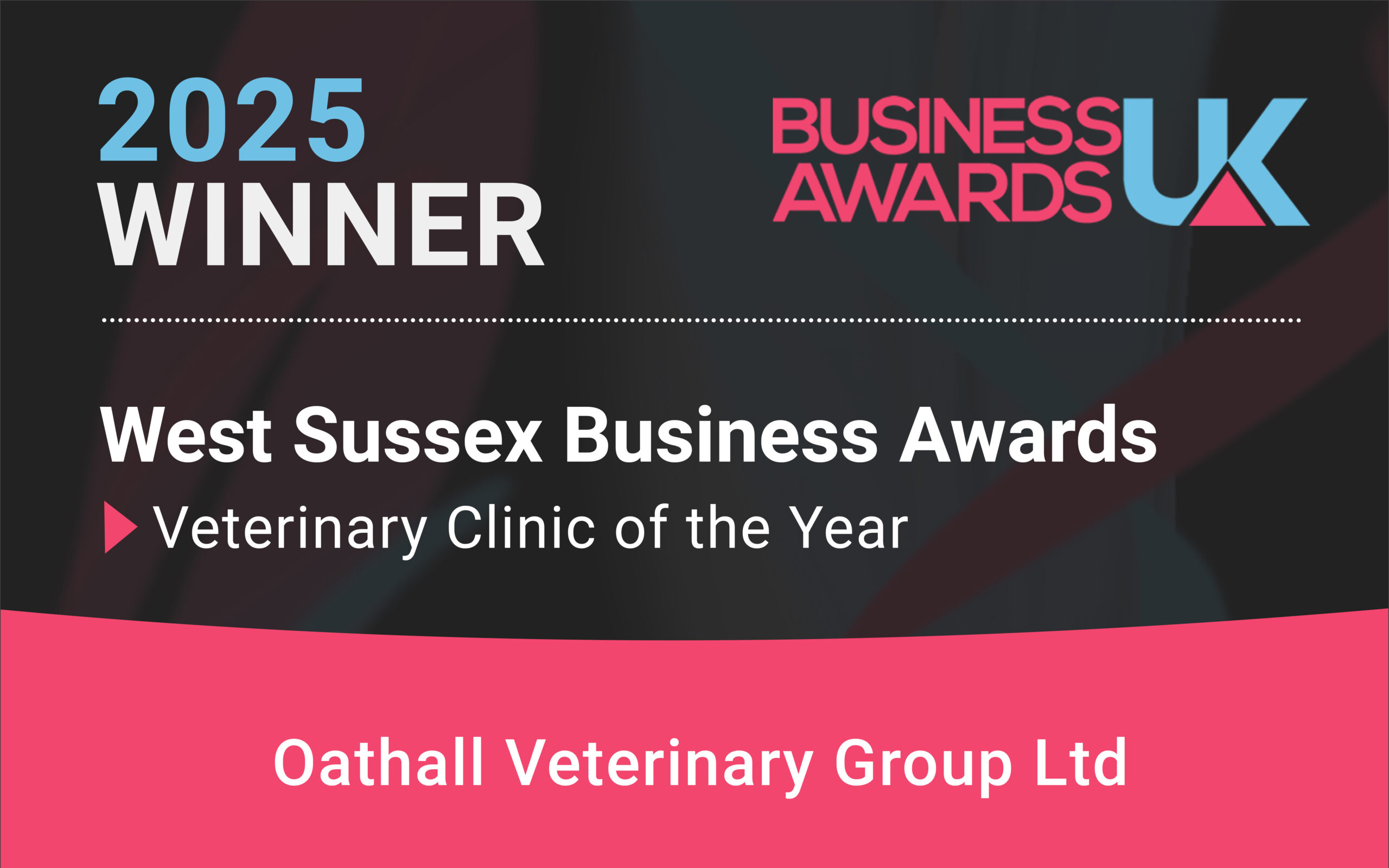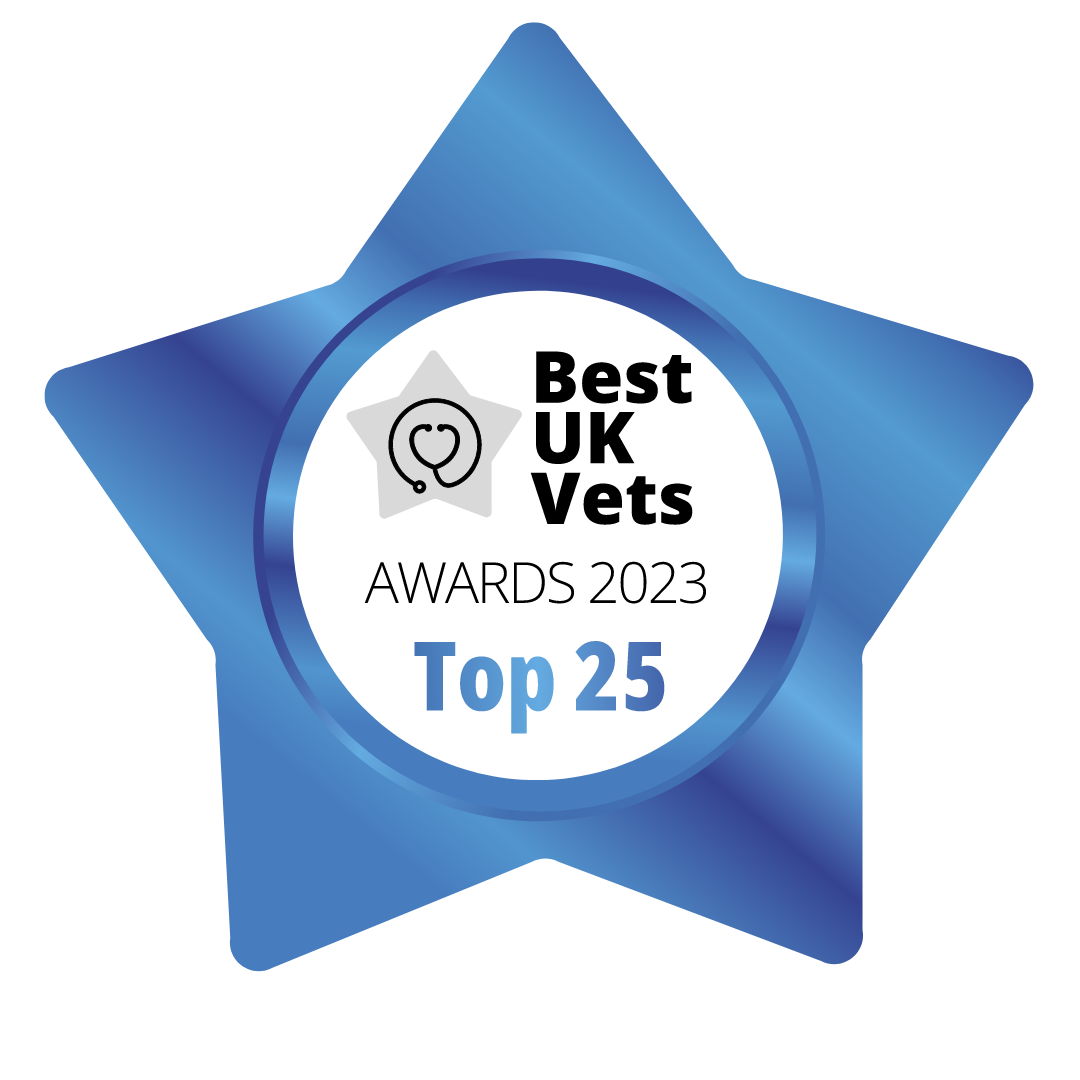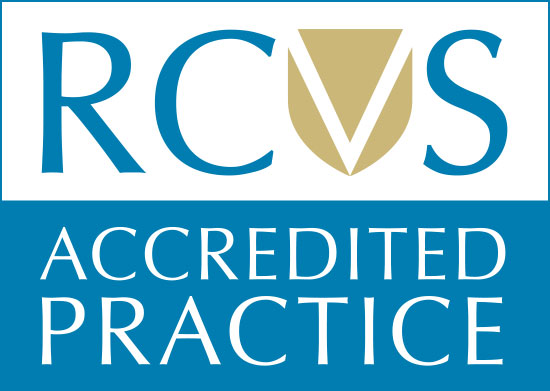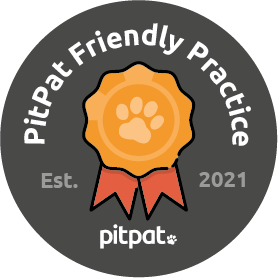The cost of owning a pet in the UK can vary depending on factors such as the type of pet, its size, breed, age, health, and lifestyle. While some expenses are essential for all pets, such as food and basic veterinary care, others may vary depending on your pet's specific needs and preferences. Here's a breakdown of common expenses associated with pet ownership in the UK:
Initial Costs
- Adoption or purchase fees: the cost of adopting a pet from a rescue organisation or purchasing from a breeder.
- Pet supplies including: a bed, crate, litter box, toys, grooming tools, collar, lead, and identification tags.
Ongoing Costs
- Food: the cost of pet food can vary depending on the type (e.g., dry, wet, raw) and quality of food you choose.
- Veterinary care including: routine check-ups, vaccinations, parasite prevention (flea, tick, worming treatments), and emergency or unexpected veterinary expenses.
- Pet insurance: monthly premiums for pet insurance to help cover the cost of veterinary care incase of illness, injury, or accidents.
- Grooming: costs for professional grooming services or grooming supplies if you choose to groom your pet at home.
- Training and behaviour: costs for training classes or private training sessions if needed to address behavioural issues or for obedience training.
- Boarding or pet sitting: costs for pet boarding, doggy daycare, or pet sitting services if you need someone to care for your pet while you're away.
- Microchipping and licensing: one-time costs for microchipping your pet and annual licensing fees if required in your area.
- Pet accessories: additional expenses for items such as treats, pet beds, clothing, travel carriers, and accessories.
Unexpected Costs
- Emergency veterinary care: unexpected medical expenses for illness, injury, or accidents that may arise throughout your pet's lifetime.
- Medications and supplements: costs for prescription medications, supplements, or special diets if recommended by your veterinarian.
- Dental care: costs for routine dental cleanings, dental exams, and dental treatments if needed to maintain your pet's oral health
It is essential to budget for both the expected and unexpected costs associated with pet ownership to ensure you can provide your pet with the care and support they need throughout their life. Additionally, consider factors such as pet insurance and savings accounts to help cover unexpected expenses and provide financial peace of mind.











